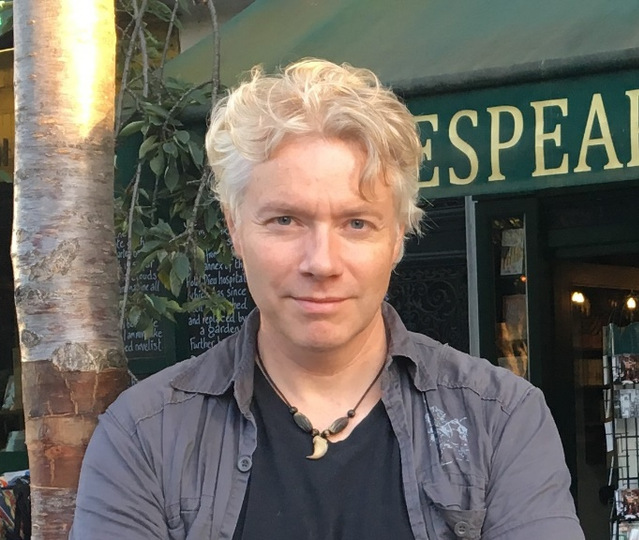
Prof. Hans Peter Heinrich Arp
Norwegian Geotechnical Institute(NGI),
Norwegian University of Science and Technology(NTNU)
Abstract: Water worldwide is becoming increasingly contaminated with substances considered persistent, mobile and toxic (PMT) or very persistent and very mobile (vPvM). PMT/vPvM substances are those which do not breakdown easily in the environment (persistent), are transported relatively rapidly through soil and groundwater (mobile) and are in some cases toxic. Their accumulation in freshwater resources is increasingly putting drinking water resources under a new type of stress. Their irreversible accumulation in the environment allows them to fulfil the criteria of a planetary boundary threat. Well known examples include melamine, 1,4-dioxane, trifluoroacetate and several PFAS, but there are many more, including a large portion of transformation products that remain unidentified. Advanced water treatment methods like ozonation or activated carbon filtration are often ineffective, forcing some water producers to invest in nanofiltration and reverse osmosis. Industry, regulators, academia, and the water sector are now acting to reduce pollution from PMT/vPvM substances. A focal point of this action is the European Union’s Green Deal, particularly its Chemicals Strategy for Sustainability towards a Toxic Free Environment and its Zero Pollution ambition. Building off an initiative by the German Environment Agency (UBA), new hazard classes for PMT/vPvM substances are currently being implemented in two of the main European chemical regulations, CLP and REACH.The presentation will be divided into three parts, showing 1) the history of the increasing menace of PMT/vPvM substance contamination; 2) the regulatory developments related to defining PMT/vPvM substances; 3) how to confront and minimize the threat of PMT/vPvM substances. The presentation will focus on how industry, regulators, academia and the water sector can work together towards zero pollution of PMT/vPvM substances, ensuring safe, sustainable and clean water resources for future generations.
Host:Associate Prof. Yang Song
Institute of Soil Science, Chinese Academy of Sciences
EEH Early Career Board Member
Time:04:00pm Mar 27, 2023 (Beijing time)
Zoom ID: 816 9975 7155
Bilibili: 25002335